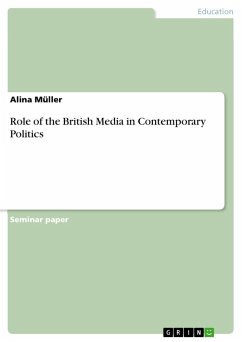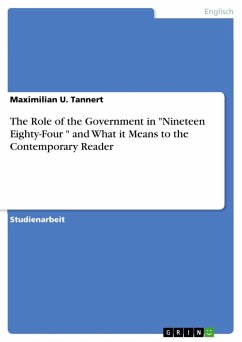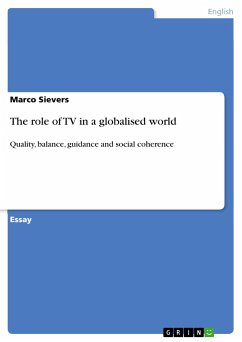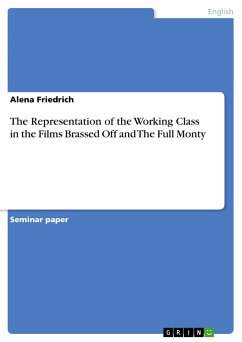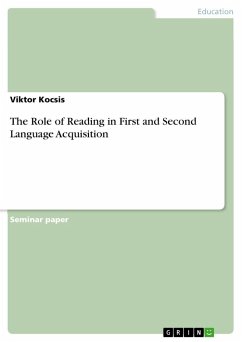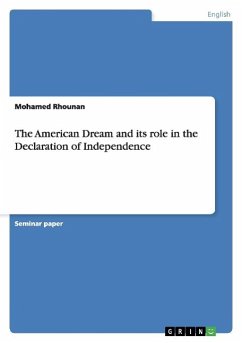Seminar paper from the year 2010 in the subject Didactics for the subject English - Applied Geography, grade: 2,0, Johannes Gutenberg University Mainz, language: English, abstract: This essay will show that the British media institutions do not always follow those concepts and they work differently in practice. It confirms that Marxist theories which incline to the presence of ideological views in the media agenda still have influence in a democracy nowadays. The first part of this essays deals with the role of the media as a provider of political knowledge. The mass media play an important role in the formation of public views, because of being a basic institution that provides the communication between politicians and the public. But the misrepresentation of politics through the media shapes negative views on politics and makes people doubtful towards political system. The second part of this essay is concerned with the media as an implementer of governmental directives. The media institutions often undergo the influences of the political economy and governments, and the media output is to some extent formed under their impact. The broadcasters distributing State propaganda and tricking the public serve the government. Although there are institutions aiming to protect the media content against the external impact, the governments and depositors still have access to the broadcasting and press. The third part of the essay deals with the media as an agent of majority of views. But despite of the representation of plurality of views, the media agenda is unable to develop political debate among the citizens. Although the public receive sufficient information about different sides of political life, the interest in traditional politics is declining and the political debate as well. In other words, despite of being a great provider of political knowledge, introducing a plurality of views and being controlled by a watchdog, the British media do not fulfil the major key points of the liberal media theory.

